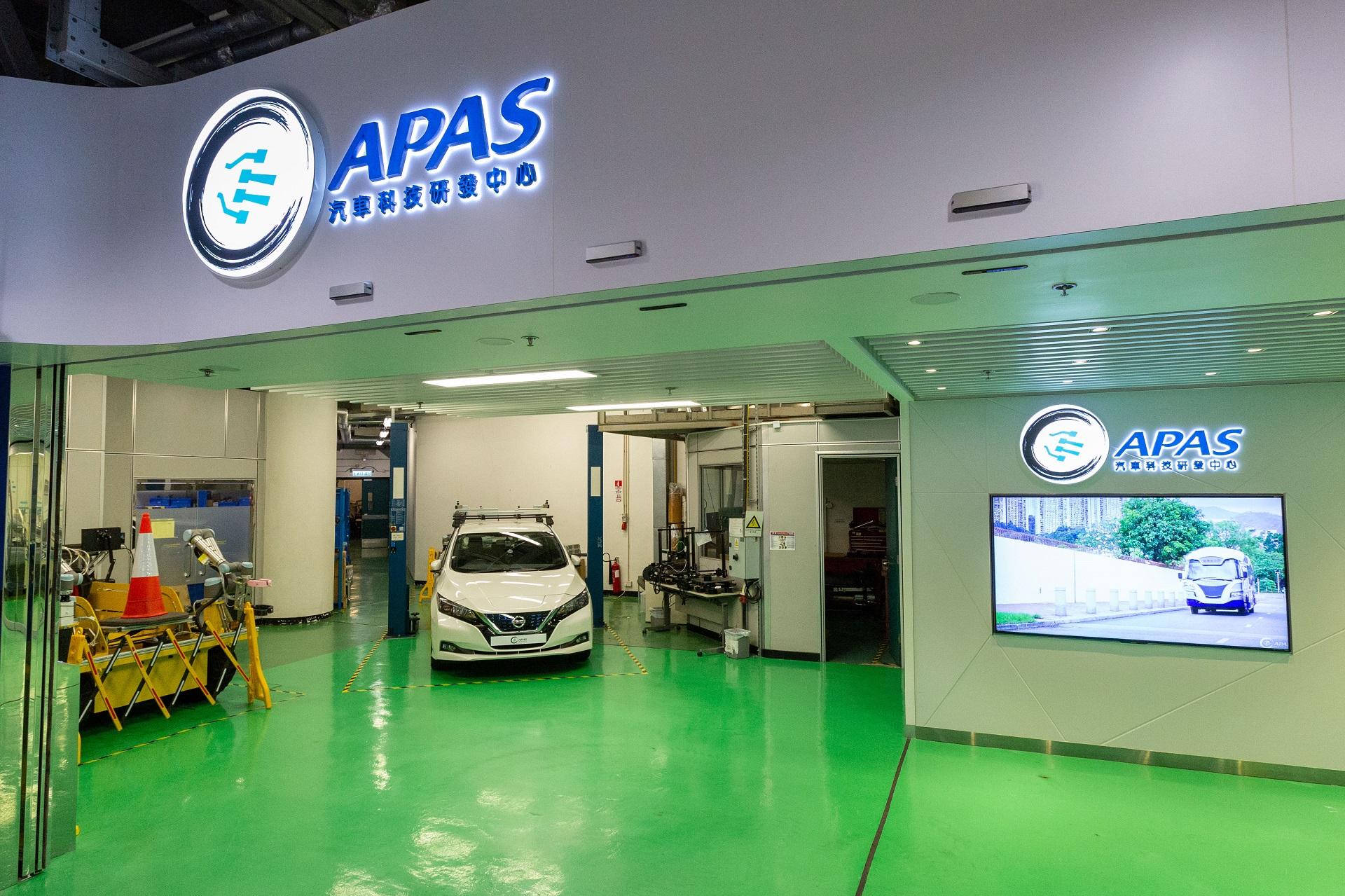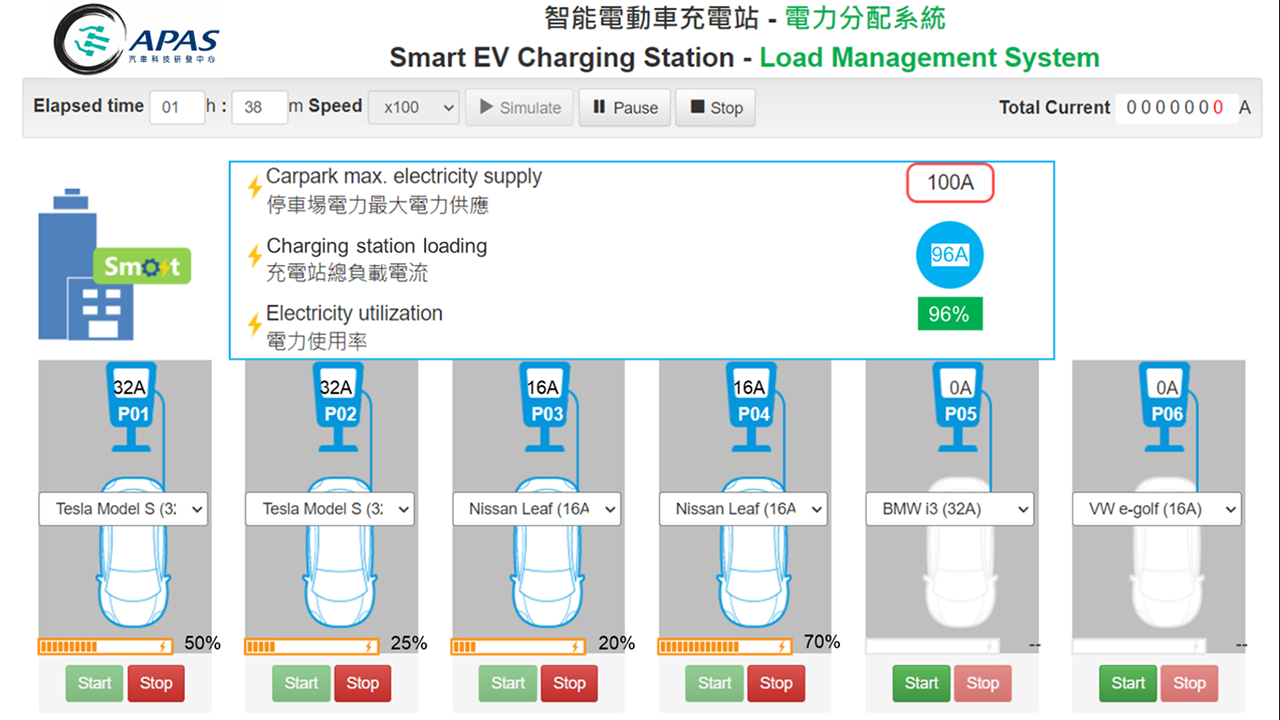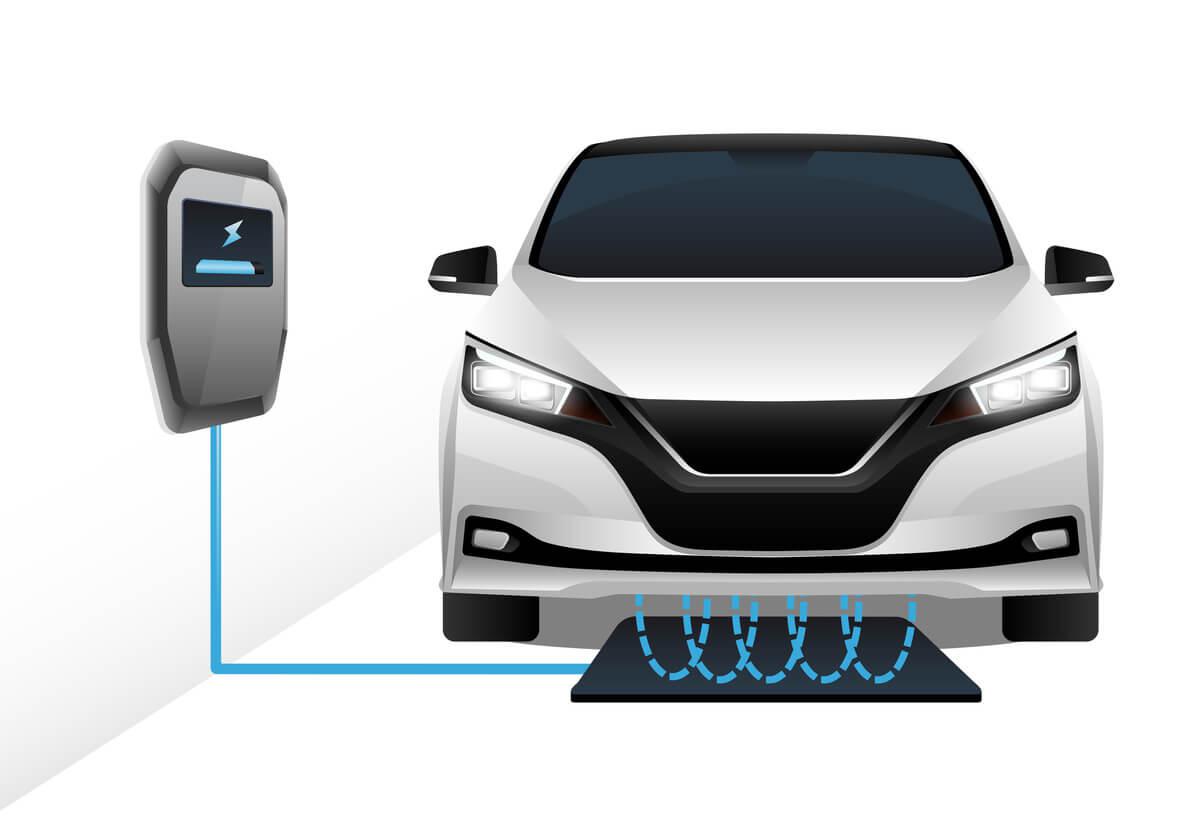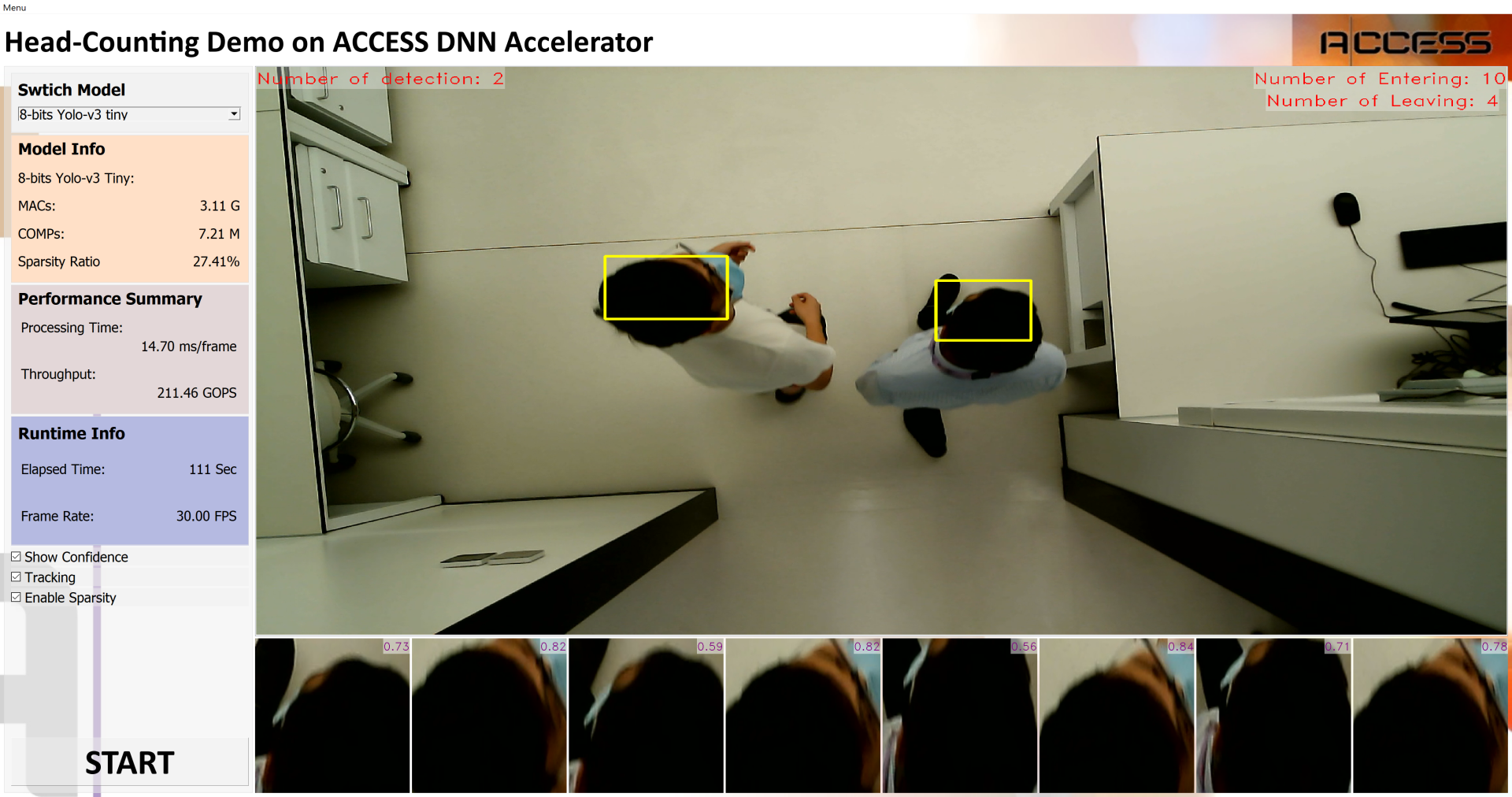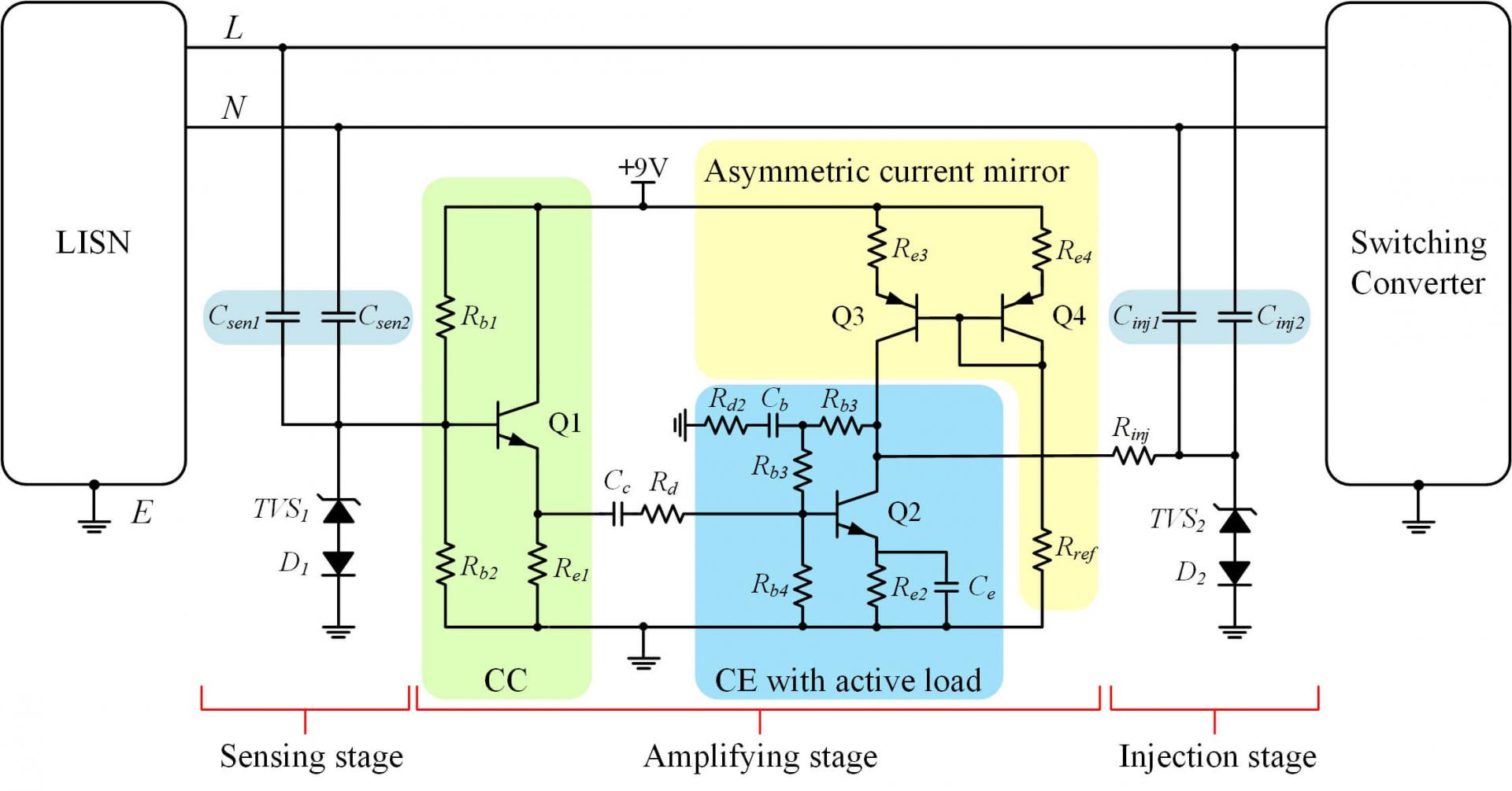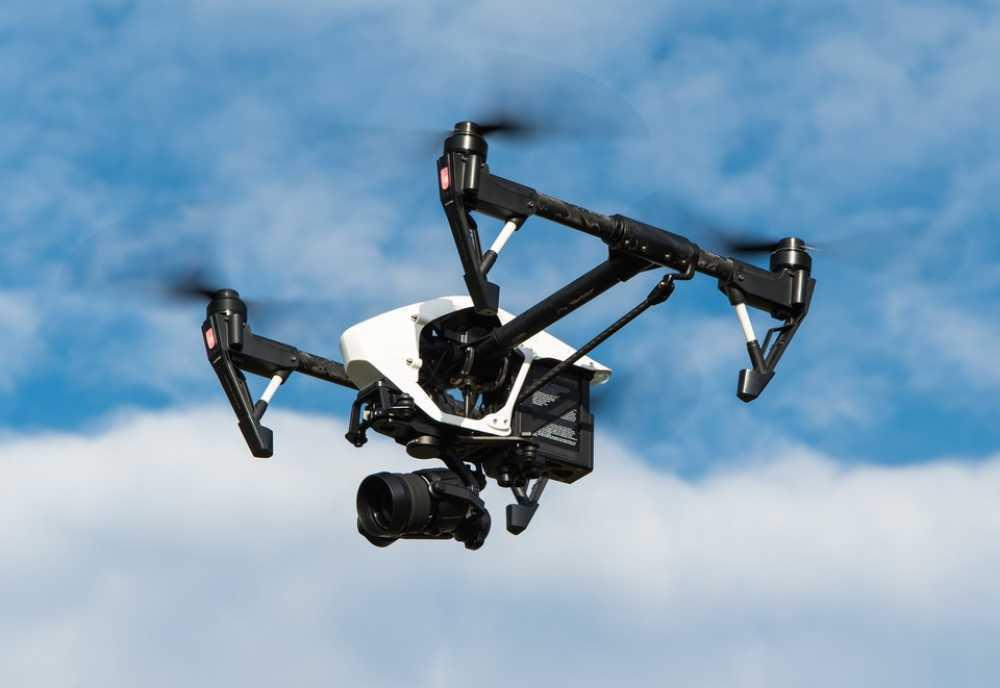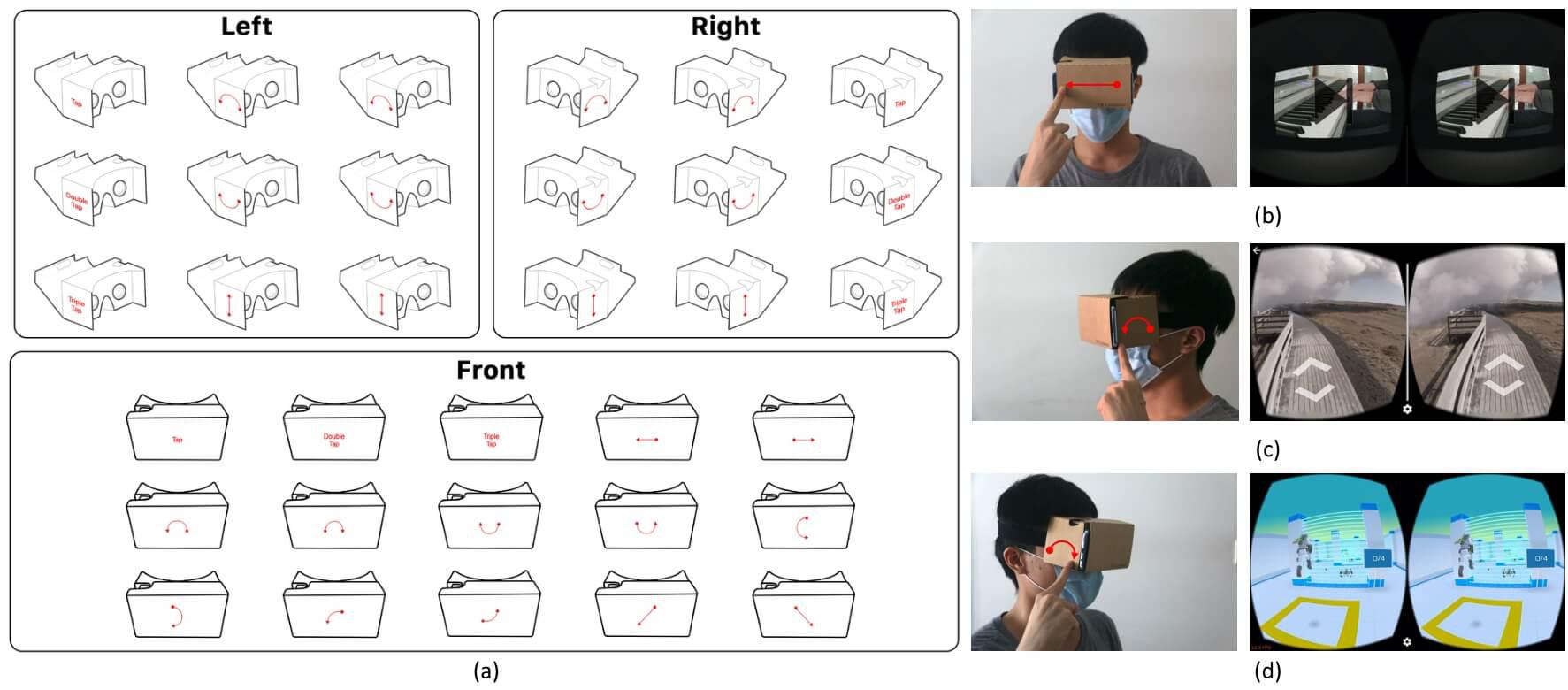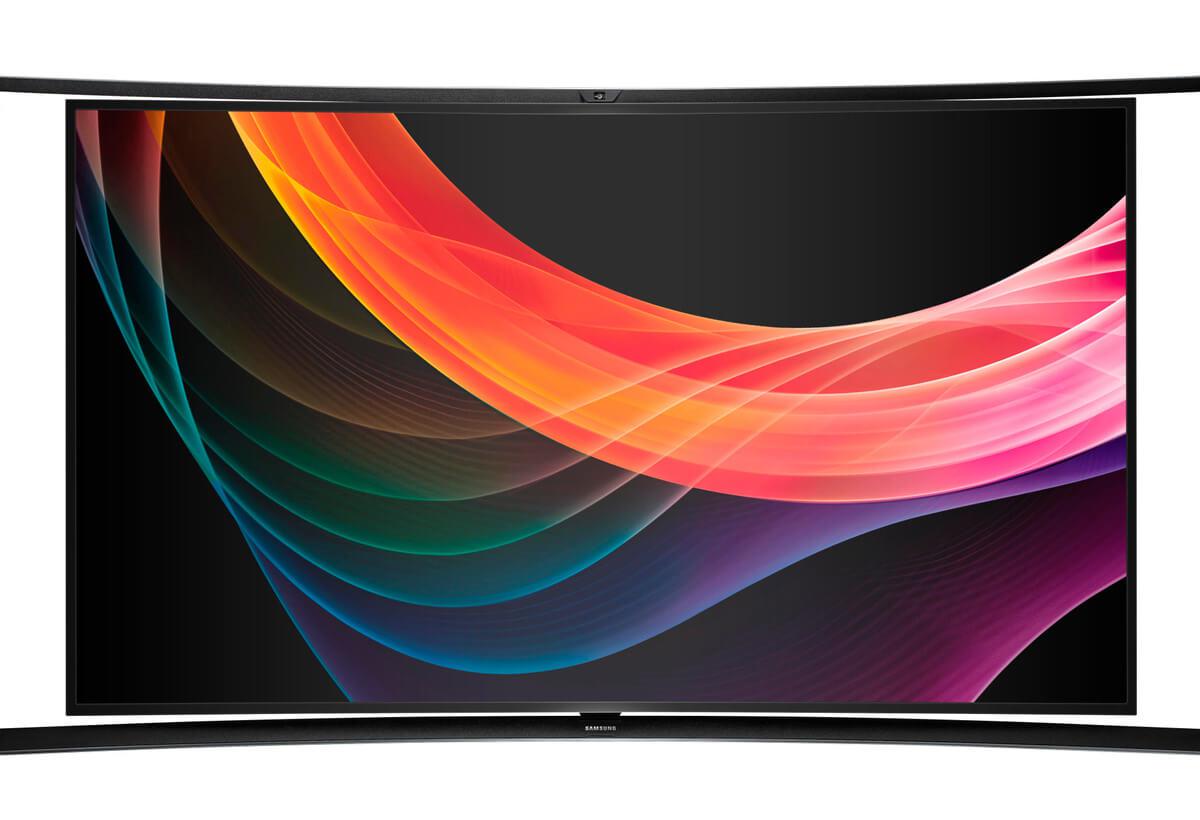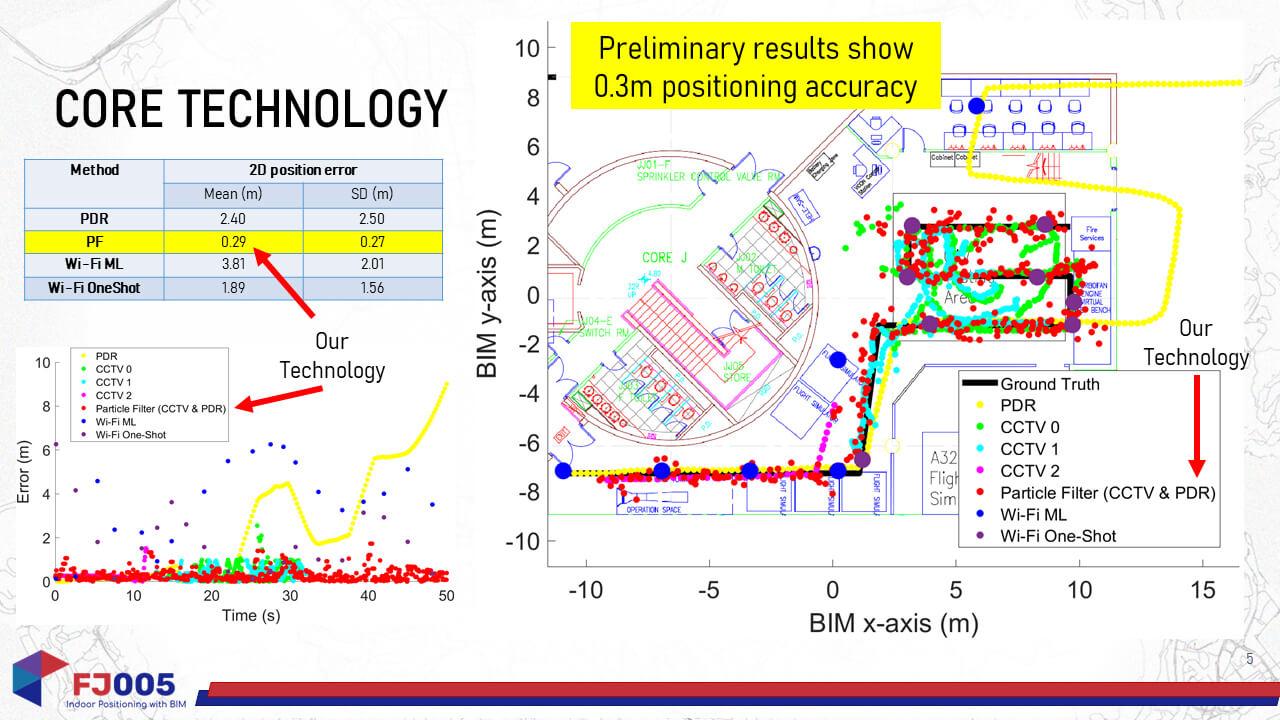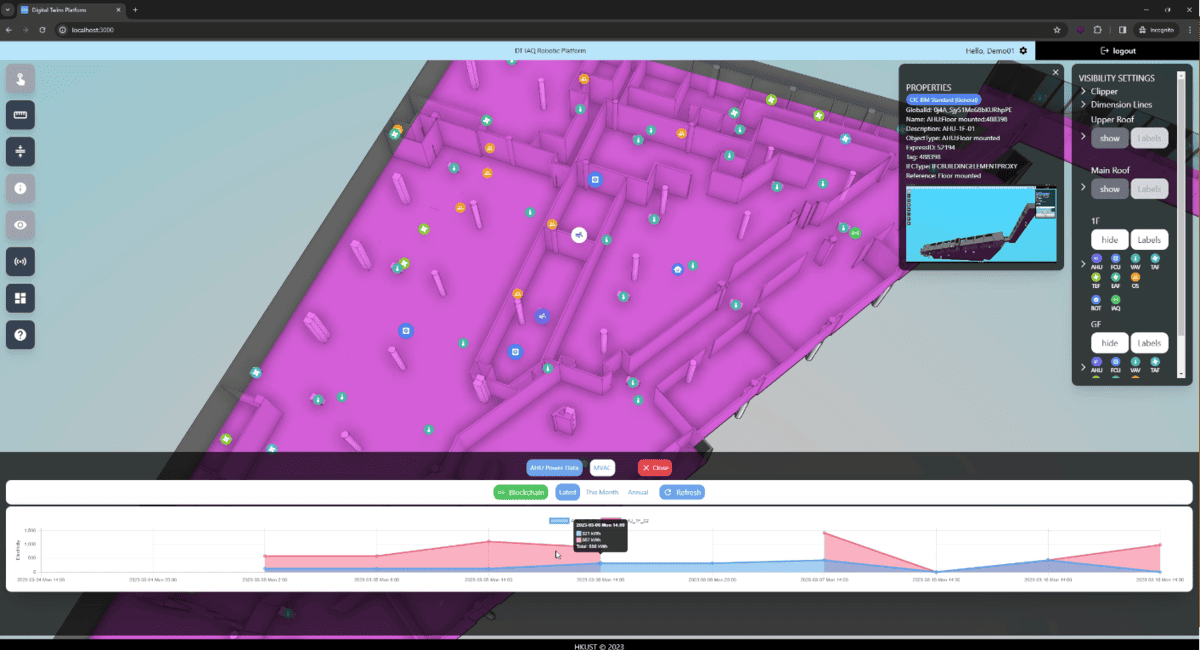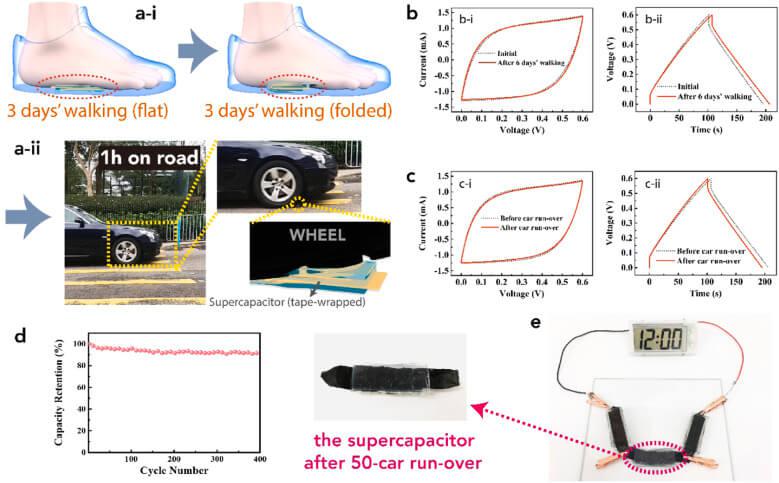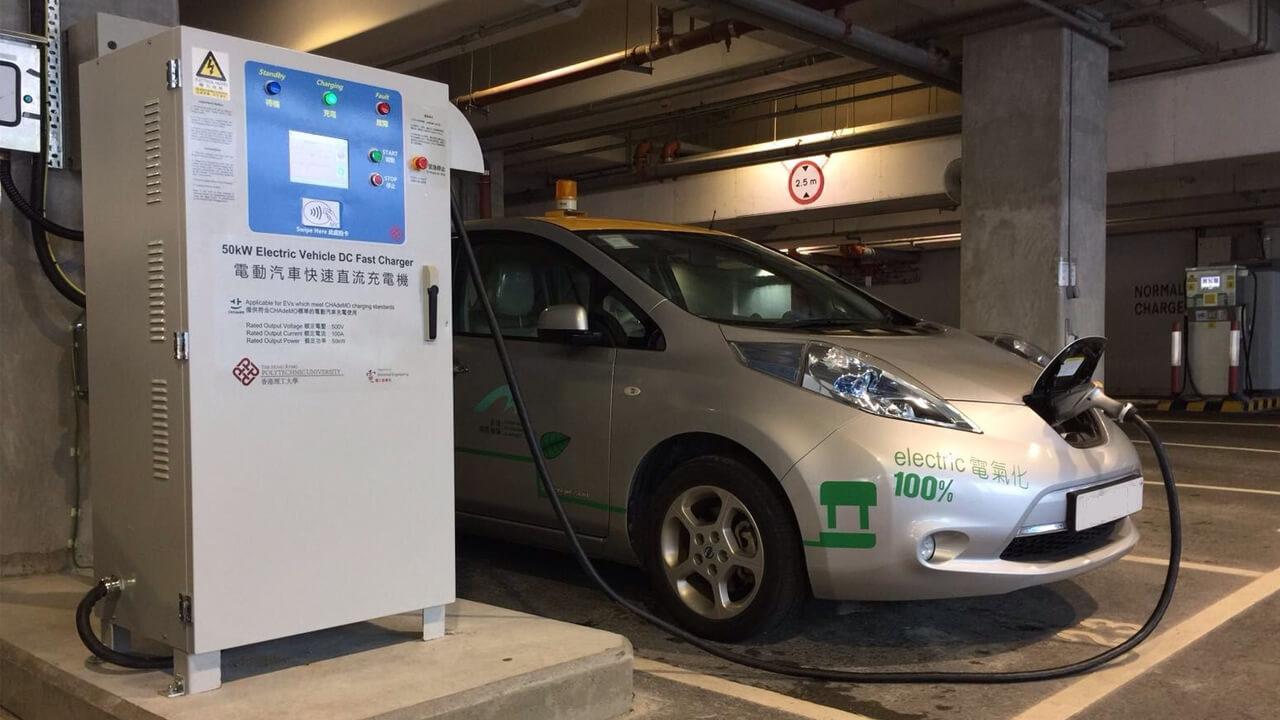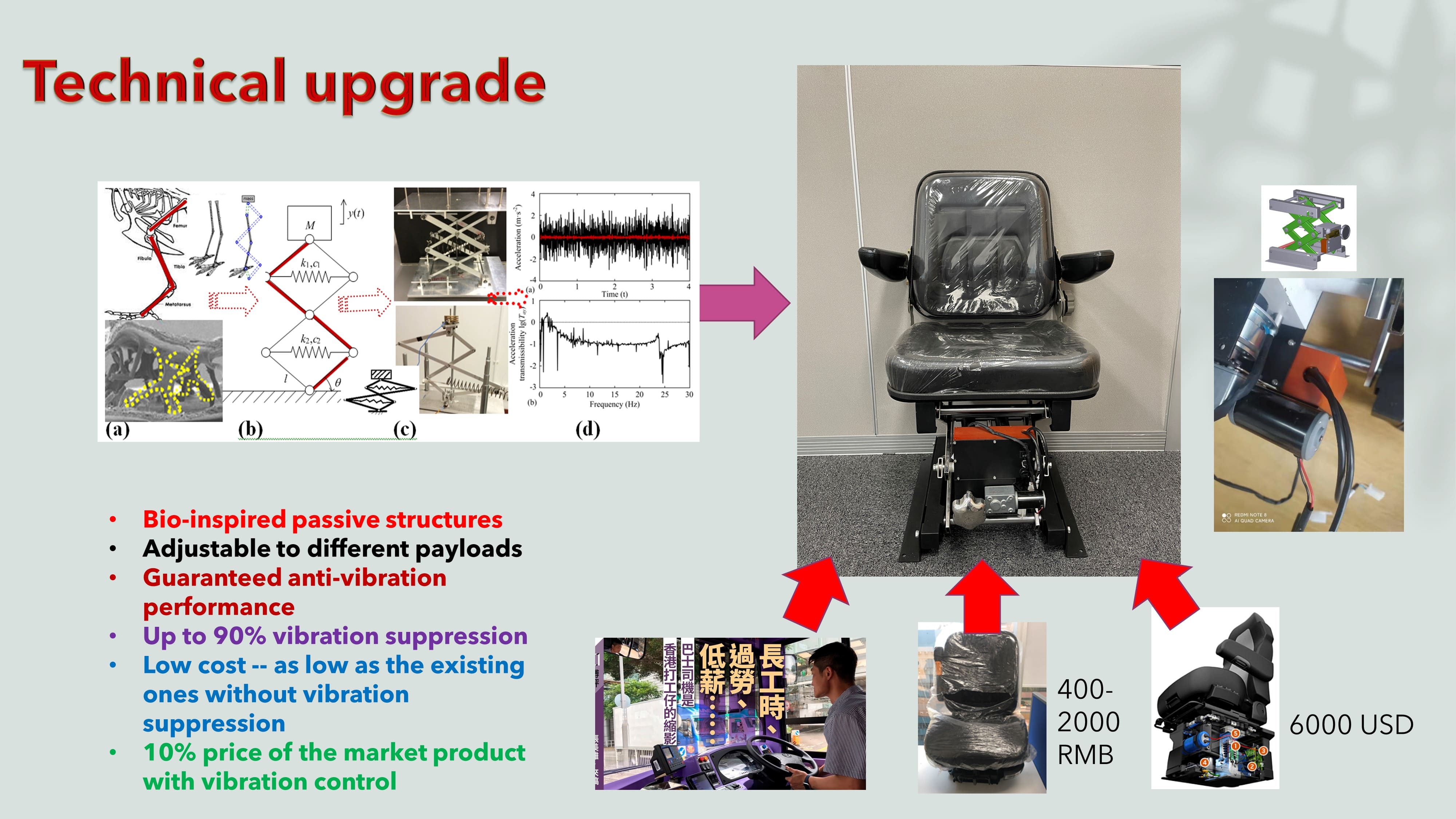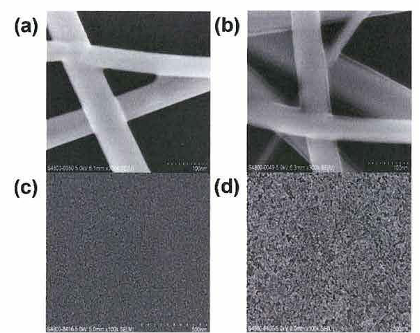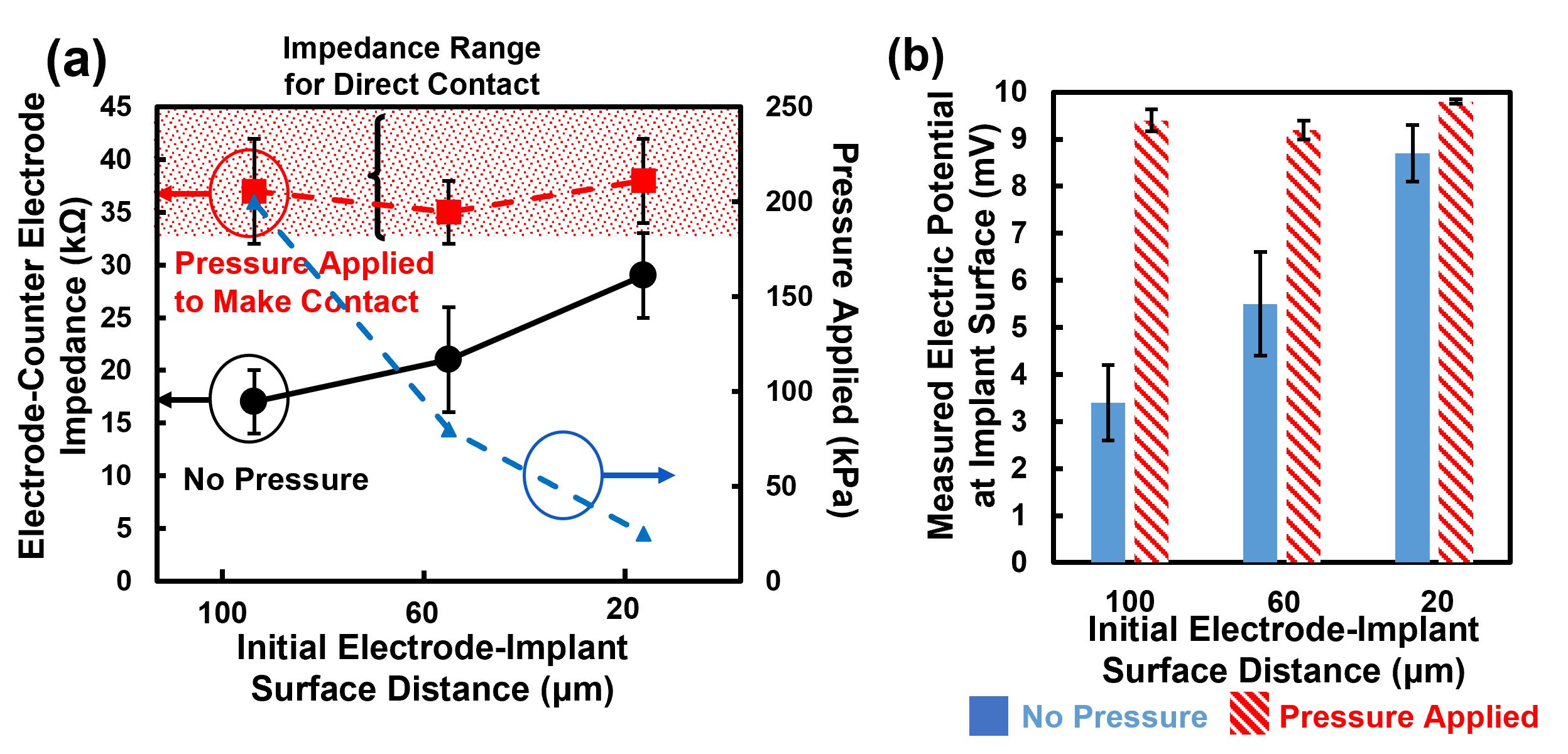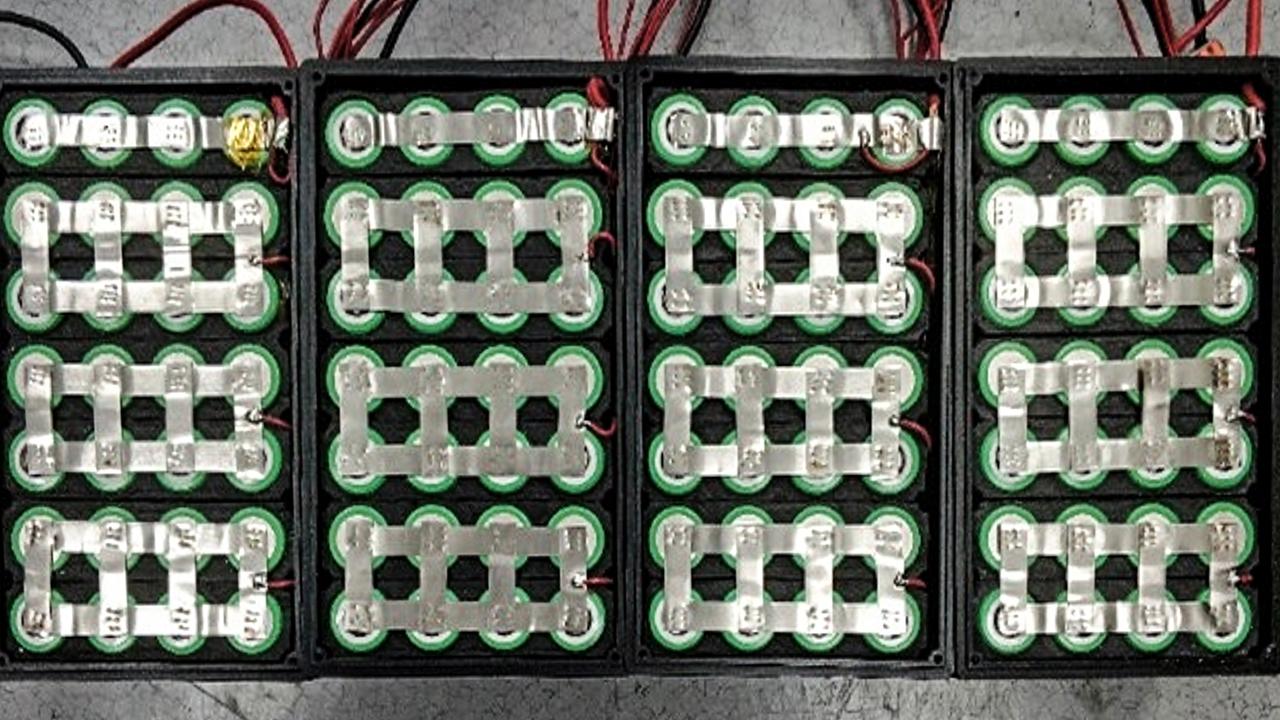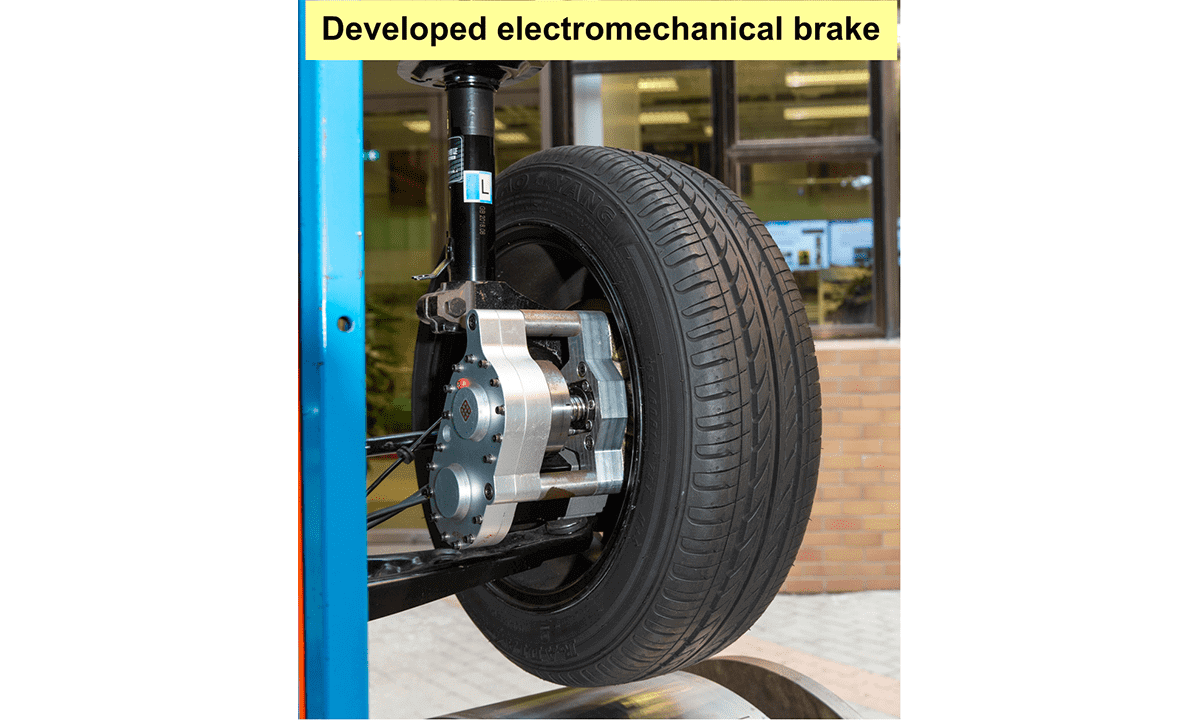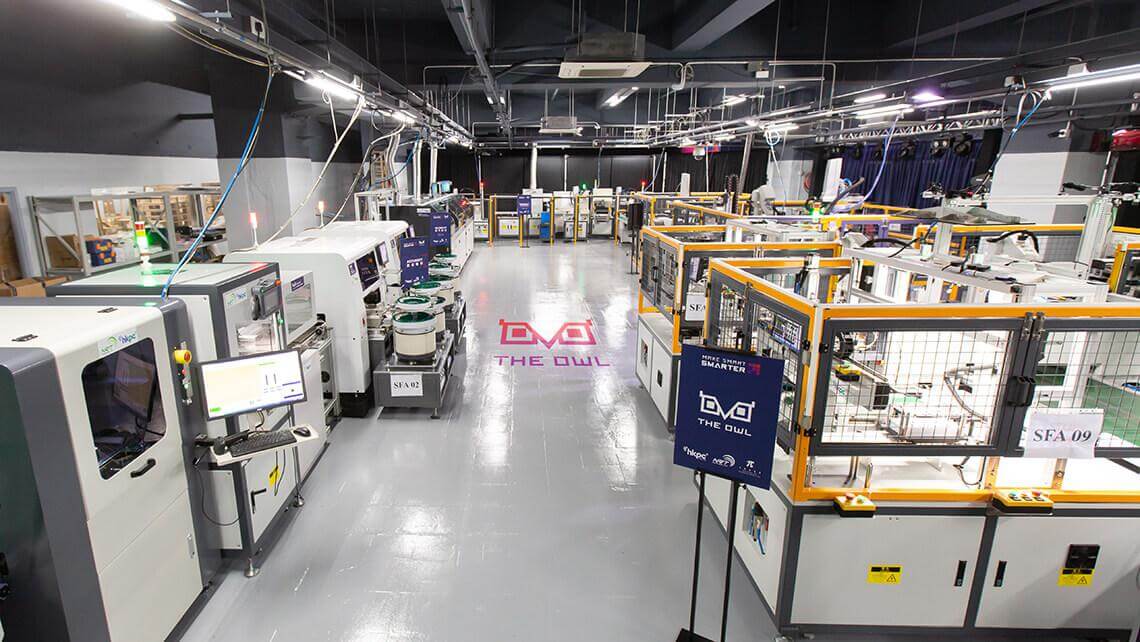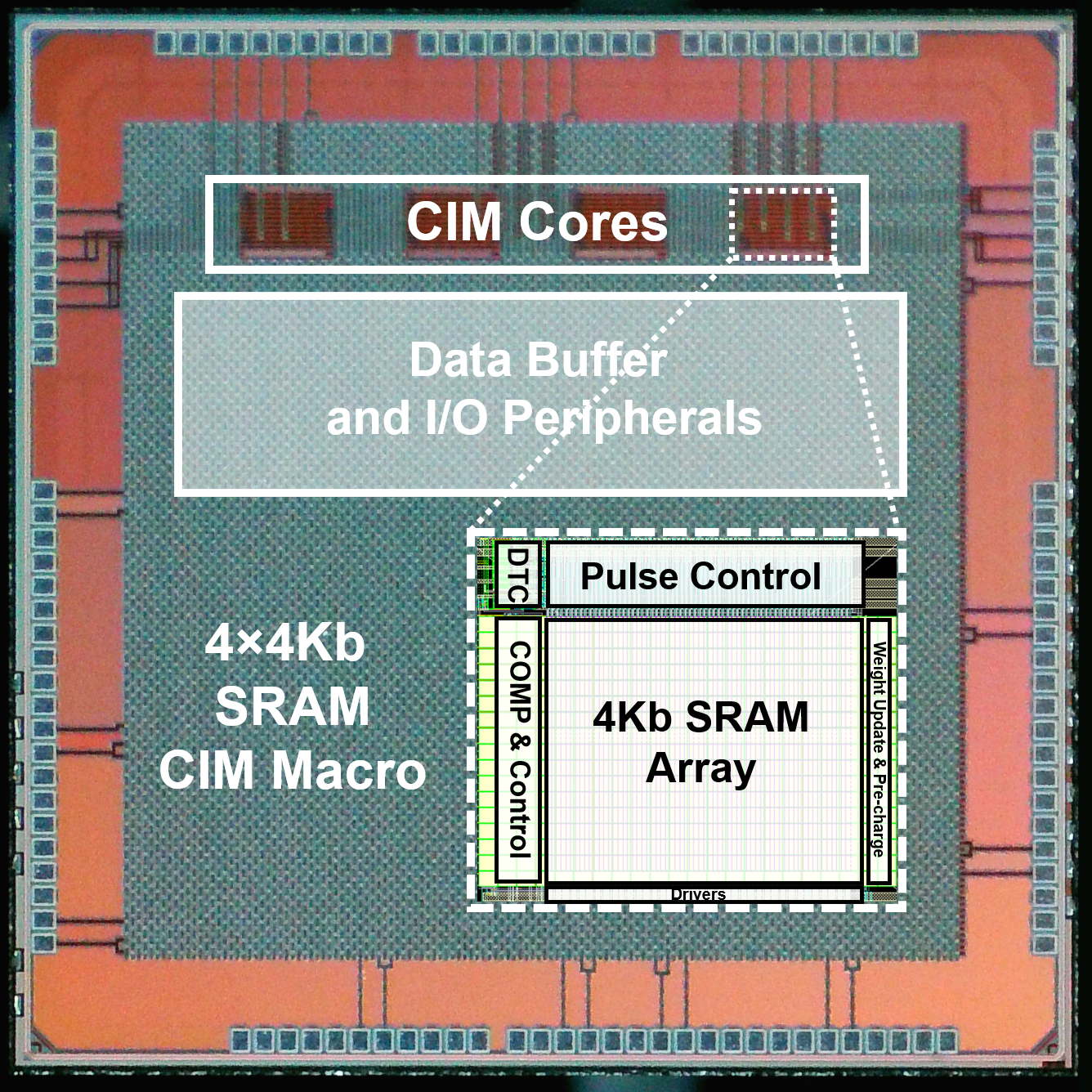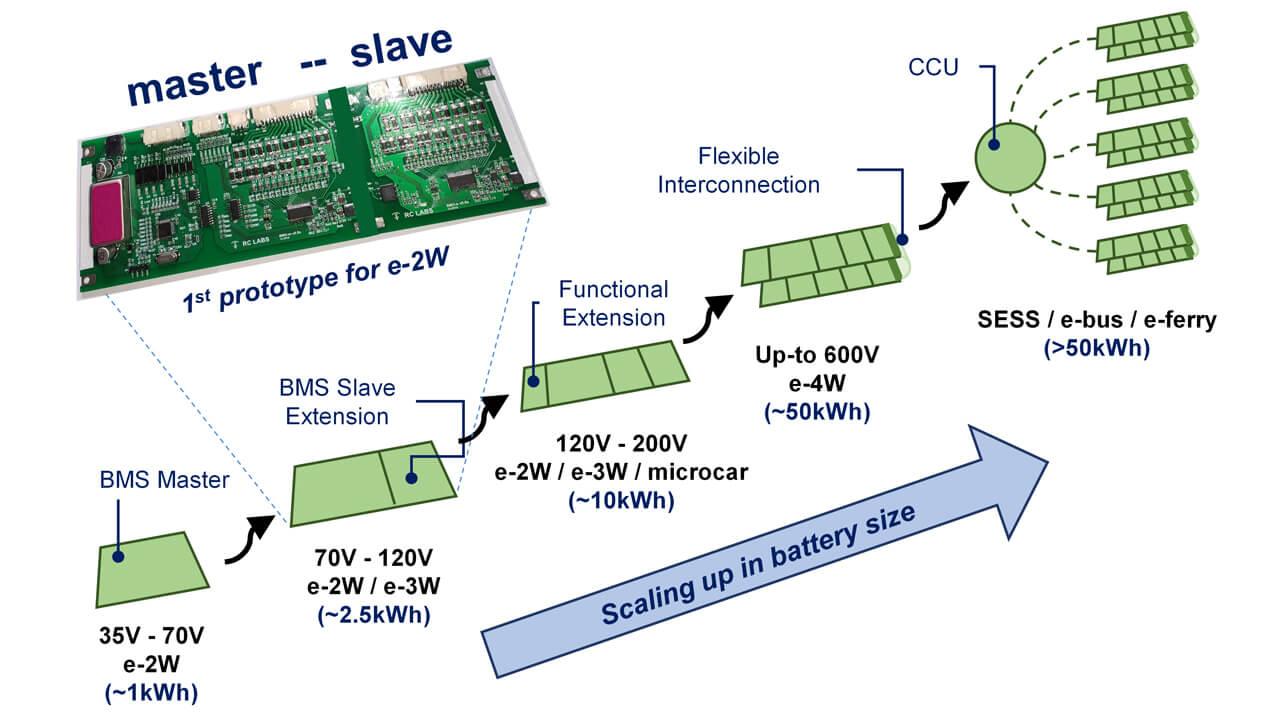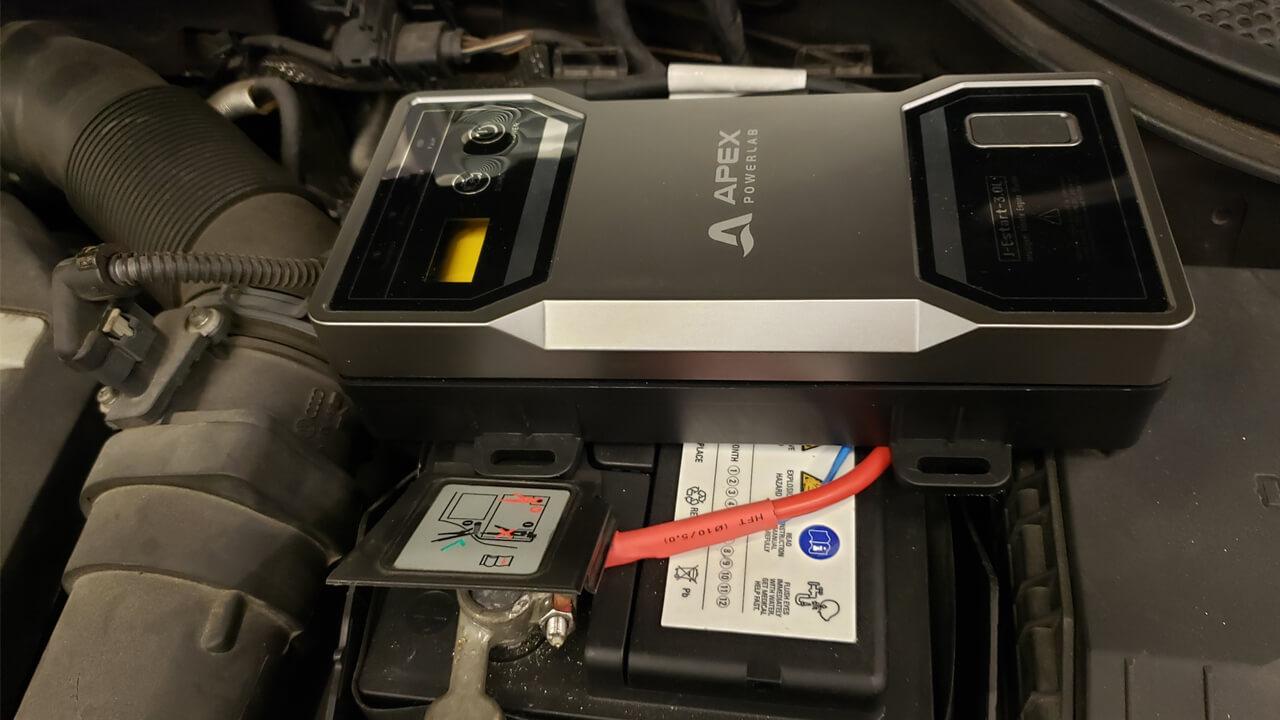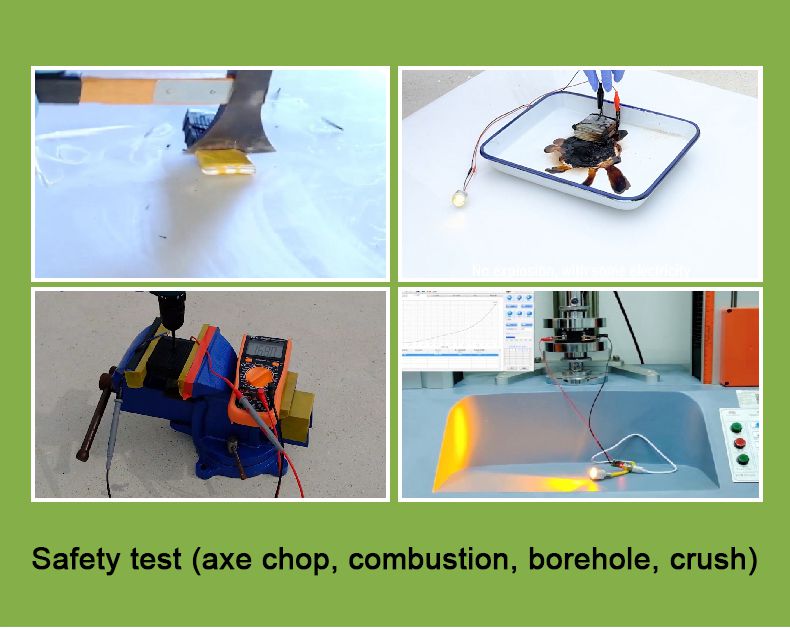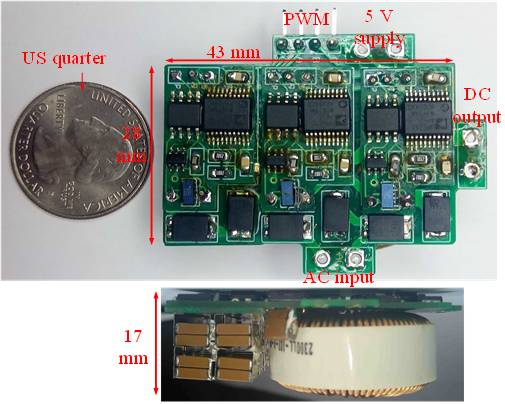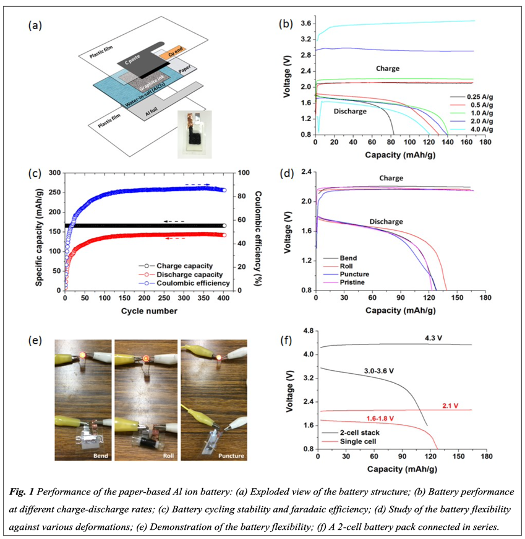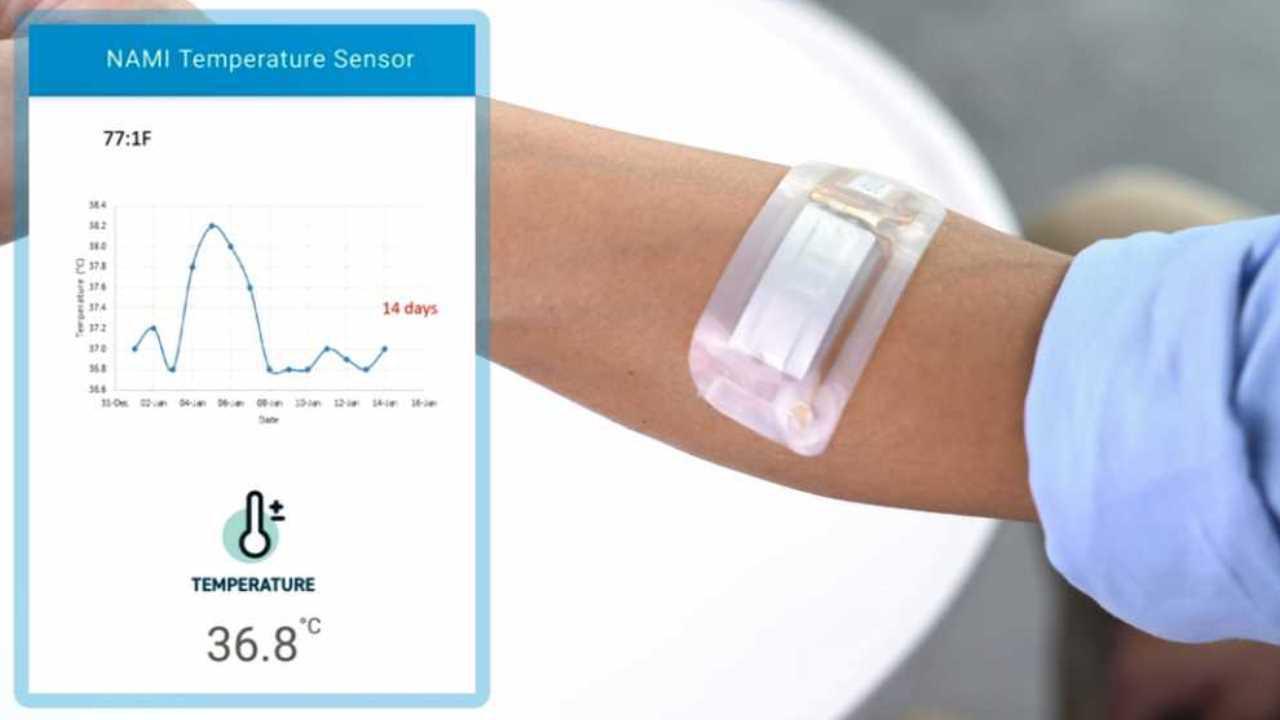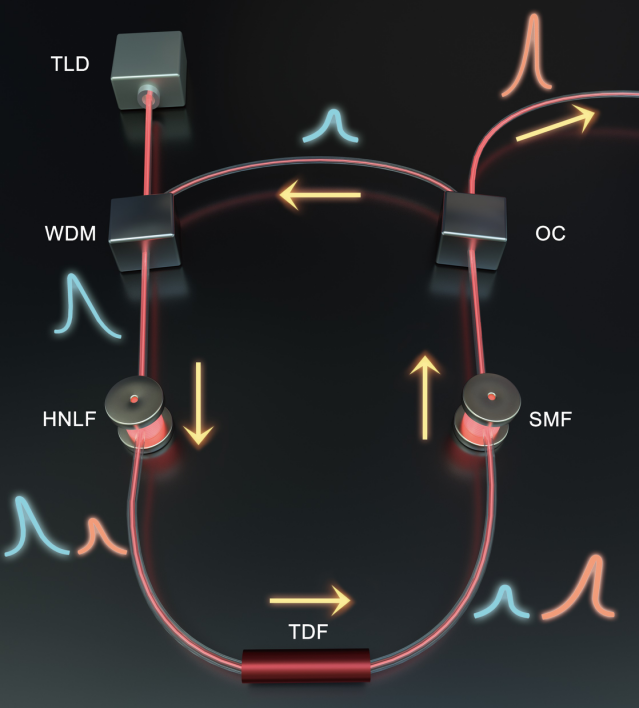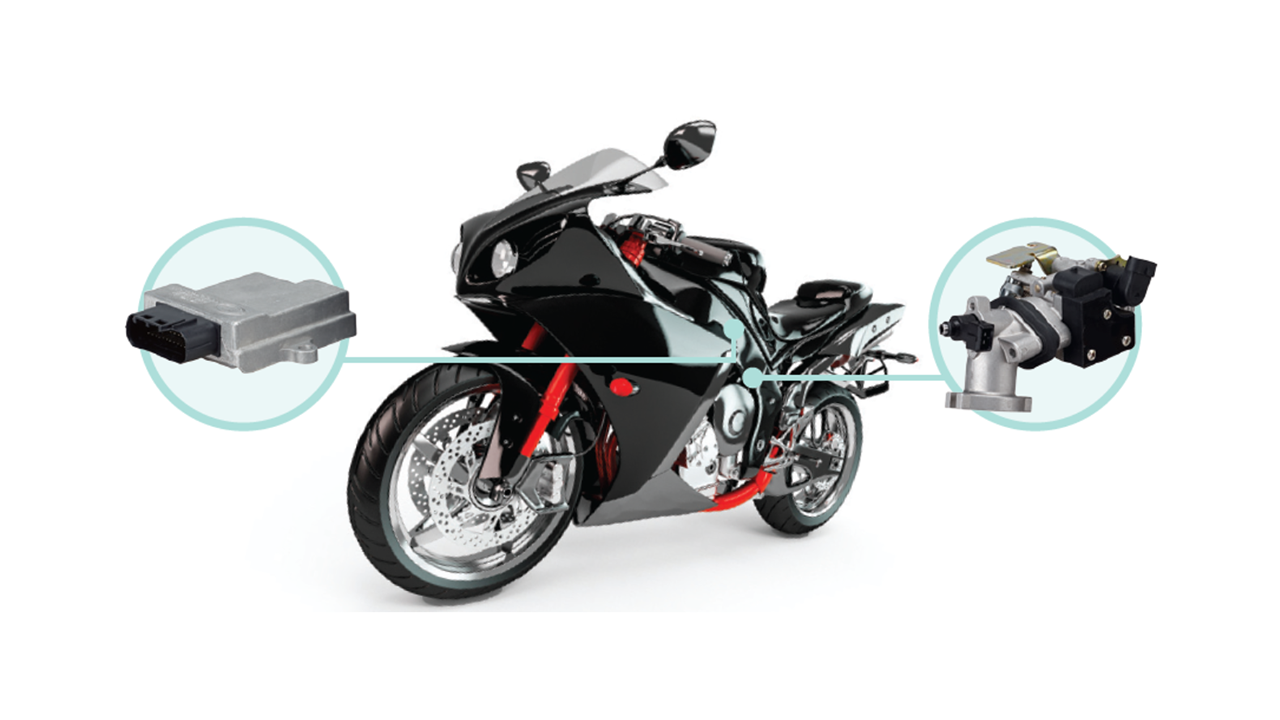
Smart EV Charging Station
This Smart EV Charging Station connects multiple parking spaces to monitor and analyse power usage of Electric Vehicle (EV) chargers in real-time, optimising the use of limited power. It provides rated power (100%) when there are only a few EVs. When more EVs are connected, the system can reduce power output of some chargers (e.g. 50%), so as to allocate additional power to the just-arrived vehicles.
The electic power distributed to car park in building is minimal. The electric load capacity for medium / quick charge is generally insufficient at EV charging stations. Retrofitting extra power transformer requires extra space and costs.
- More medium chargers can be installed in existing old buildings which have limited spare power capacity.
- Fully utilise the building’s power capacity for EV charging station; especially when the power consumption is low during night time.
- Smart power management and Internet of Things (IoT) elements of the System can leverage Smart Grid to enable Smart City (e.g. reducing peak demand, two-way flow of electricity and data).
- Real-time monitor the power usage of EV chargers.
- Effectively allocate the carpark electricity capacity for EV charging stations.
- Enable the installation of more EV chargers in old buildings or buildings with limited spare electricity capacity.
- Old carpark or carparks with limited spare electricity capacity for EV charging stations
- Carpark requiring large-scale installation of EV chargers
Patent
Hong Kong Short-term Patent
Name: Method and Device for Charging Electric Automobile Based on Internet of Things
Ref no.: 30027782 A
Date: 22/01/2021
Centre of Advanced Power and Autonomous Systems (APAS) (formerly Automotive Platforms and Application Systems R&D Centre) was established in 2006 and is fully integrated as a business division under HKPC on 1 April 2025. APAS continues to undertake market-led R&D programmes spanning green transportation, smart mobility, intelligent systems and emerging applications, as well as commercialises R&D results in collaboration with industry, universities and technology institutes to enhance the competitiveness of Hong Kong's automotive and other transportation sectors in new energy and smart driving.
